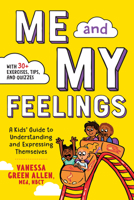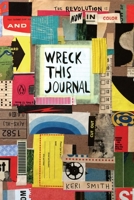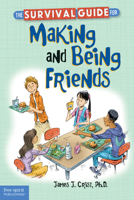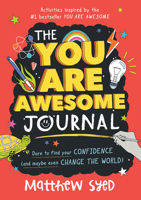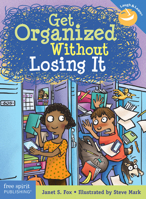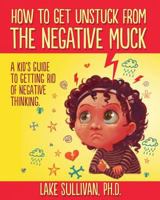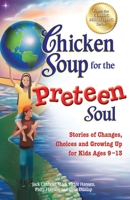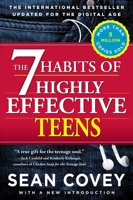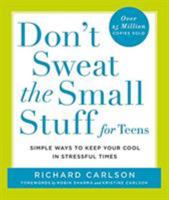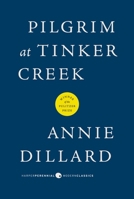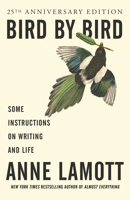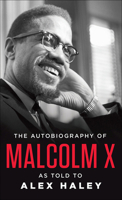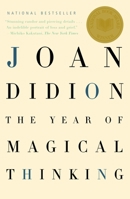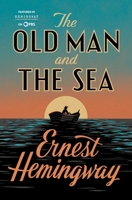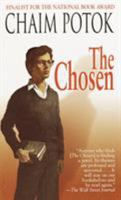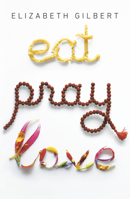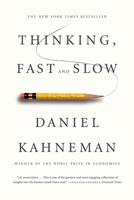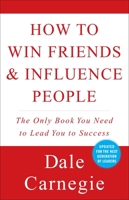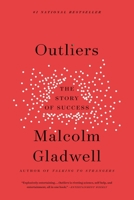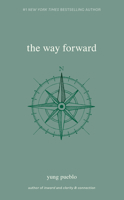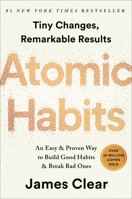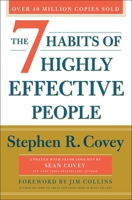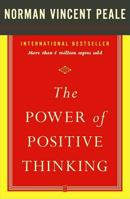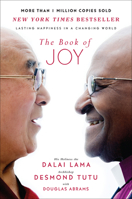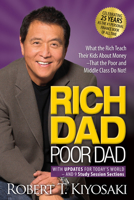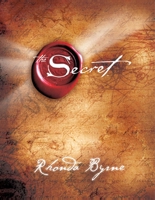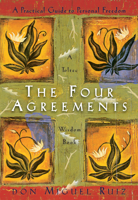Tales From the Self-Help Shelves
A Survey of 2,000 Americans Found...
By Ashly Moore Sheldon • December 17, 2023
 The self-help genre has exploded during the last decade with reports that the number of books being published nearly tripled between 2013 and 2019. Statistics from that period also show that sales of self-help titles increased by 11 percent. Our most recent survey with OnePoll asked 2,000 U.S. adults to tell us how they feel about the genre. And what we learned gave us some fascinating insights. Here are some of our key takeaways.
The self-help genre has exploded during the last decade with reports that the number of books being published nearly tripled between 2013 and 2019. Statistics from that period also show that sales of self-help titles increased by 11 percent. Our most recent survey with OnePoll asked 2,000 U.S. adults to tell us how they feel about the genre. And what we learned gave us some fascinating insights. Here are some of our key takeaways.
1. We think the world could learn a thing or two from us (especially when we're young).
Nearly half of Americans (47%) think they could write a self-help book based on their own experiences. Oddly this confidence seems to fade as we get older, with 81% of Gen-Z respondents thinking they were qualified to pen a book filled with life advice, as compared to 48% of millennials and only 28% of boomers. Perhaps this is because as we get older—to paraphrase a famous quote from Socrates—we have the wisdom to know we know nothing at all.
2. Self-help readers are getting younger.
The average American reports reading their first self-help books at 14. Our results indicate that people begin perusing the genre about three years after their first encounter with fiction. But 60% of Gen-Z respondents are getting into the genre as early as 10 years of age. This may reflect the growing number of self-help titles aimed at younger readers. Here are some that we like:
- Me and My Feelings: A Kids' Guide to Understanding and Expressing Themselves by Vanessa Green Allen
- Wreck This Journal by Keri Smith
- The Survival Guide for Making and Being Friends by James J. Crist
- You Are Awesome: Find Your Confidence and Dare to be Brilliant at (Almost) Anything by Matthew Syed
- Get Organized Without Losing It by Janet Fox
- How to Get Unstuck from the Negative Muck: A Kid's Guide to Getting Rid of Negative Thinking by Lake Sullivan
It's worth noting that many popular self-help books originally written for adults have also been adapted for younger readers like Chicken Soup for the Preteen Soul, The 7 Habits of Highly Effective Teens, and Don't Sweat the Small Stuff for Teens.
3. Our goals may vary.
Respondents expressed a wide variety of motivations for turning to self help books with the top aims being:
- Overcoming specific challenges (57%)
- Improving their careers (49%)
- Gaining knowledge and skills (49%)
- Coping with stress or anxiety (49%)
When it comes to sub-genres people read the most, 39% of respondents sought books to help with their relationships, 29% opted for motivational reads, 28% hoped to gain insights on social skills and 27% picked up parenting guides.
4. We're generally not embarrassed about it.
In the past, there has been a bit of a stigma around reading self-help books, but that seems to be subsiding—seven in 10 people (68%) are open to letting others know they’ve read self-help books.
While 74% feel positively about the self-help genre, women are more likely than men to think society has a favorable outlook on it (75% vs. 65%). Women are also more likely to let others know they’re reading self-help books (72% vs. 65%).
Our take: "The self-help genre’s rising popularity shows more and more people are becoming open to it. Whether people are looking to improve their personal or professional lives, there are books that offer advice on just about everything, with a wide range of styles from serious to funny and quirky."
5. Although, we'd rather call it something other than self-help
Respondents felt that alternative terms could go even further to help destigmatize the genre. The top three suggestions being:
- Personal development (55%)
- Self-empowerment (47%)
- Self-improvement (37%).
Our survey also found seven in 10 (71%) believe any book can be considered a self-help book if it had a profound impact on someone’s life. Some of our favorite non-self-help self-help books include:
- Pilgrim at Tinker Creek by Annie Dillard
- Bird by Bird by Anne Lamott
- Man's Search for Meaning by Viktor E. Frankl
- The Autobiography of Malcolm X
- The Year of Magical Thinking by Joan Didion
- The Old Man and the Sea by Ernest Hemingway
- The Chosen by Chaim Potok
- Eat, Pray, Love by Elizabeth Gilbert
- Thinking Fast and Slow by Daniel Kahneman
6. More than half of us have been helped by these types of books.
According to the poll, reading self-help books has had a lasting impact on the lives of 55% of readers. The four titles cited as having the biggest impact are: How to Win Friends and Influence People by Dale Carnegie (47%), Outliers by Malcolm Gladwell (47%), The Way Forward by Yung Pueblo (44%), and Atomic Habits by James Clear (40%).
Other titles mentioned include:
- The 7 Habits of Highly Effective People by Stephen R. Covey
- The Power of Positive Thinking by Norman Vincent Peale
- The Book of Joy by Desmond Tutu and Dalai Lama XIV
- Rich Dad Poor Dad by Robert T. Kiyosaki
- The Secret by Rhonda Byrne
- The Four Agreements by Miguel Ruiz
Our take: "Books remain the go-to medium for expertise on overcoming life’s many obstacles. A self-help book can make a great gift when the reader can relate to its author or tone. Nearly six in 10 (59%) rely on online reviews and recommendations to discover self-help books, which may help them select the best picks for others, as well."
You can follow us on Facebook, Twitter, or Instagram where we share daily book recommendations, literary tidbits, and more.











